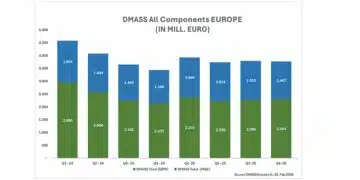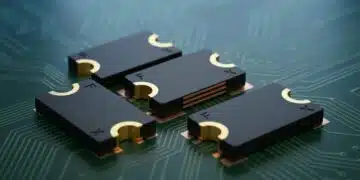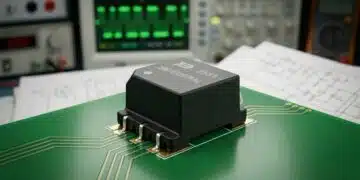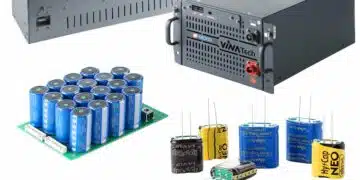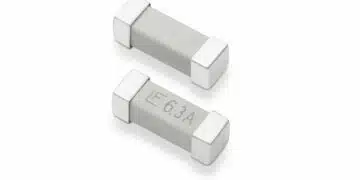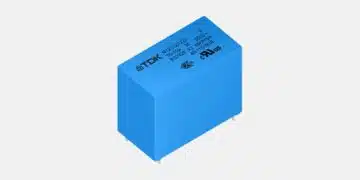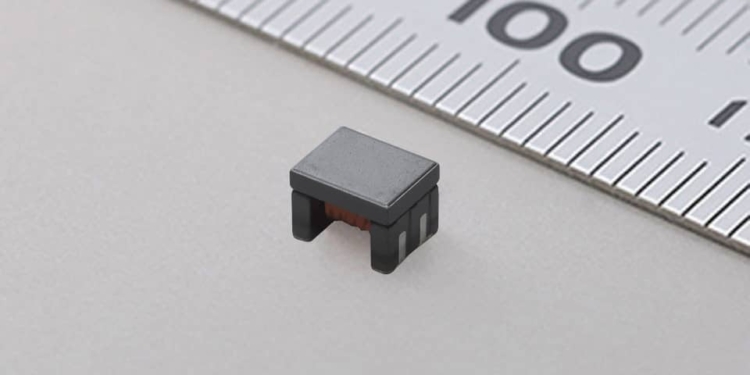Source: Murata news
Murata Manufacturing Co., Ltd. has developed the DLW32MH101XT2, which is the world’s first*1 common mode choke coil designed to be fully compatible with the automotive high-speed LAN standard 1000BASE-T1*2 a well as being the industry’s smallest*3 common mode choke coil, and has begun shipping samples.
1.Background of Development
In the automotive industry in recent years, in order to improve the functions of automobiles such as automatic operation and ADAS*4, the image resolution of automotive cameras that operate as sensors has been further improved and the speeding up of automotive networks connecting various ECUs*5 has been accelerated. In future, it is expected that the 1000BASE-T1 transmission standard, which is faster than the currently established 100BASE-T1*6 standard, will become widespread.
This product has been made more compact using Murata’s winding technology, and realizes the characteristics and reliability required of noise filters used in 1000BASE-T1 communication circuits.
2.Features of the Product
The DLW32MH101XT2 supports the S-Parameter characteristics*7 specified by the OPEN Alliance*8 automotive network standard organization. The details are as follows.
The world’s first common mode choke coil compatible with 1000BASE-T1 (up to 1Gbps)
Fully compatible with the S-Parameter specified by the OPEN Alliance
Operating temperature from -40℃ to 125℃
The industry’s smallest size, measuring 3.2mm x 2.5mm, realized using a unique winding structure
3.Future Development
Murata has begun shipping samples of this product with a view to the future introduction of automotive devices supporting 1000BASE-T1 in 2019. The Company plans to begin mass production within 2018.
From now on, the demand for faster automotive networks will increase in line with the greater functionality and use of electronics in automobiles. Murata will continue develop a variety of products that meet the needs of our customers while watching the spread of high-speed networks exceeding 1000BASE-T1 (multi-gigabit).
*1:Figures researched by Murata Manufacturing as of December 2018
*2:Automotive communication standard enabling transmission at 1Gbps
*3:The industry’s smallest common-mode choke coil according to research by Murata Manufacturing as of December 2018
*4:Abbreviation of Advanced Driving Assistance System
*5:Abbreviation of Electronic Control Unit used in automobiles
*6:An automotive communication standard enabling data transmission at 100Mbps
*7:Abbreviation of scattering parameter representing the circuit characteristics based on the degree of reflection and transmission of waves when the AC signal passing through a circuit is viewed as a wave
*8:An organization established for the purpose of promoting the large-scale implementation of Ethernet-based automotive networks using unshielded single twisted pair cables as a standard in automotive applications



